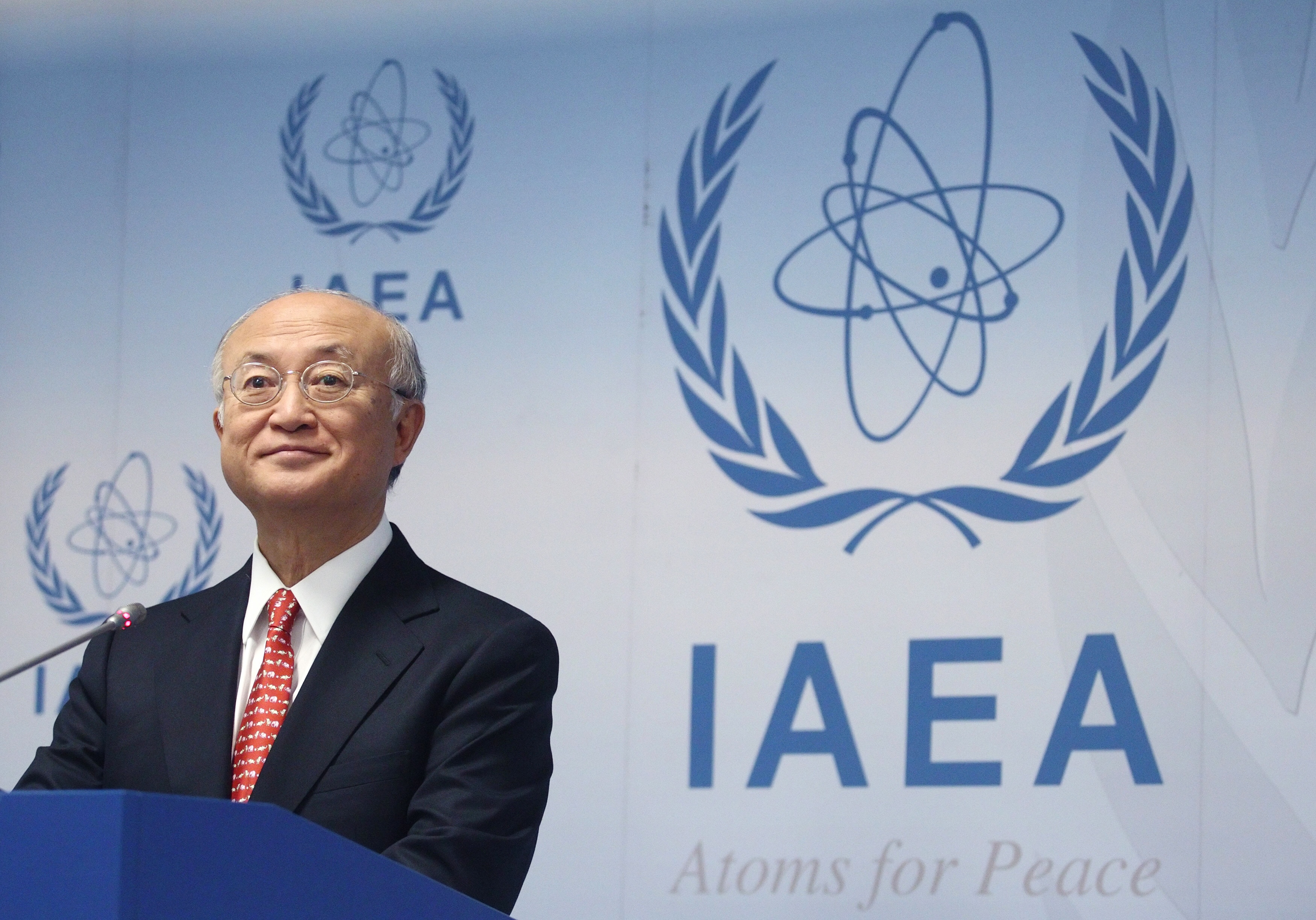Updates with changes throughout
The IAEA has adopted a resolution after months of more informal public requests by its director-general, Rafael Grossi, for inspectors to be permitted access to locations and for clarification on possible undeclared nuclear material and nuclear-related activities in Iran. This is the first such formal resolution on Iran that the IAEA has adopted since September 2012.
Unfettered IAEA access to Iran’s nuclear facilities was a key part of the Joint Comprehensive Plan of Action (JCPOA) nuclear deal, under which Iran was freed of US and EU sanctions and allowed to export its crude unhindered. But this deal has been unravelling since the US pulled out of the deal and reimposed sanctions in 2018.
Tehran said in January that it would take a “fifth and final” step to reduce compliance with the deal by removing restrictions placed on the number of centrifuges installed at its two uranium enrichment sites in Natanz and Fordow. Shortly after that move the JCPOA’s three European signatories — France, Germany and the UK — triggered the deal’s dispute mechanism, although nothing tangible came from it.
Iran’s “nuclear breakout” — the time required to enrich its existing uranium stockpile to weapons-grade material — has shrunk to three months from the JCPOA benchmark of one year, Institute for Science and International Security president David Albright projects. “Obviously, we do not fear they are going to do that right now — it is a benchmark.”
Significantly, the resolution adopted by the IAEA today was put forward by the three European governments. Their foreign ministers met today in Berlin where they again affirmed their commitment to the JCPOA.
“We must address shared concerns about Iran’s nuclear programme, its ballistic missile programme and its destabilising regional activities in the long term. To this end, we continue to believe that the strategy of maximum pressure will not effectively serve this goal,” they said, referring to a phrase that the US government has used to describe its strategy on Iran.
The three said that they will seek a ministerial-level meeting with the Iranian government “to take stock”, and said that any unilateral attempt to trigger fresh UN sanctions on Iran would be incompatible with their efforts to preserve the JCPOA.
The Europeans are pushing back against a US threat to invoke a UN Security Council “snapback” provision that would require the EU to impose economic sanctions if Tehran violates the terms of the nuclear deal.
US officials say they are considering the move as a way to force the UN Security Council to extend an embargo on arms sales to Iran that expires in October.
But the gambit — which involves making a legal claim that the US is still a JCPOA member for that particular purpose, despite the earlier withdrawal — may have more to do with ensuring that the nuclear deal cannot be restored regardless of the outcome of the US presidential election in November.
President Donald Trump has repeatedly called the deal the “worst ever”. The presumptive Democratic nominee in the presidential race, former vice president Joe Biden, has said that if he wins the presidency, the US will resume its commitments under the JCPOA — including oil sanctions relief — so long as Iran resumes compliance with the deal. But that assumes a willing partner in Tehran, where enthusiasm for an agreement with the US has waned after Trump’s unilateral moves.
“If it is President Trump winning re-election, he wants to increase his leverage and the maximum pressure campaign” by pushing for a UN-mandated snapback, says Rich Goldberg, who directed the Iran sanctions effort at the White House in 2018-19. “If Joe Biden wins the election, he too benefits from a snapback,” Goldberg says. “Much better to have the benefit of the maximum pressure campaign sanctions and a reset of all the strategic restrictions on Iran.”
US sanctions have cut Iran’s crude exports by 2mn b/d but have fallen short of Washington’s professed objective of bringing shipments to zero.
By Ben Winkley and Haik Gugarats
No comments:
Post a Comment